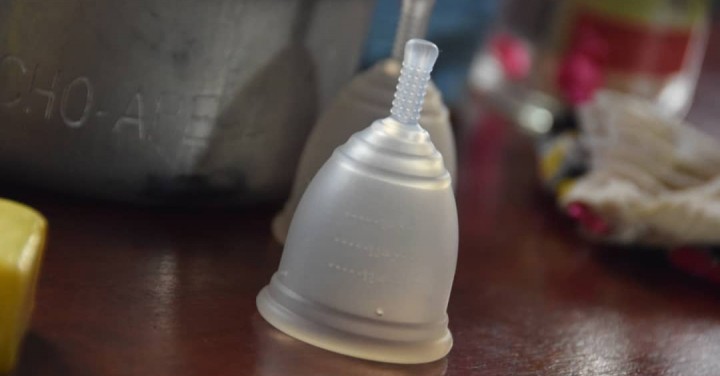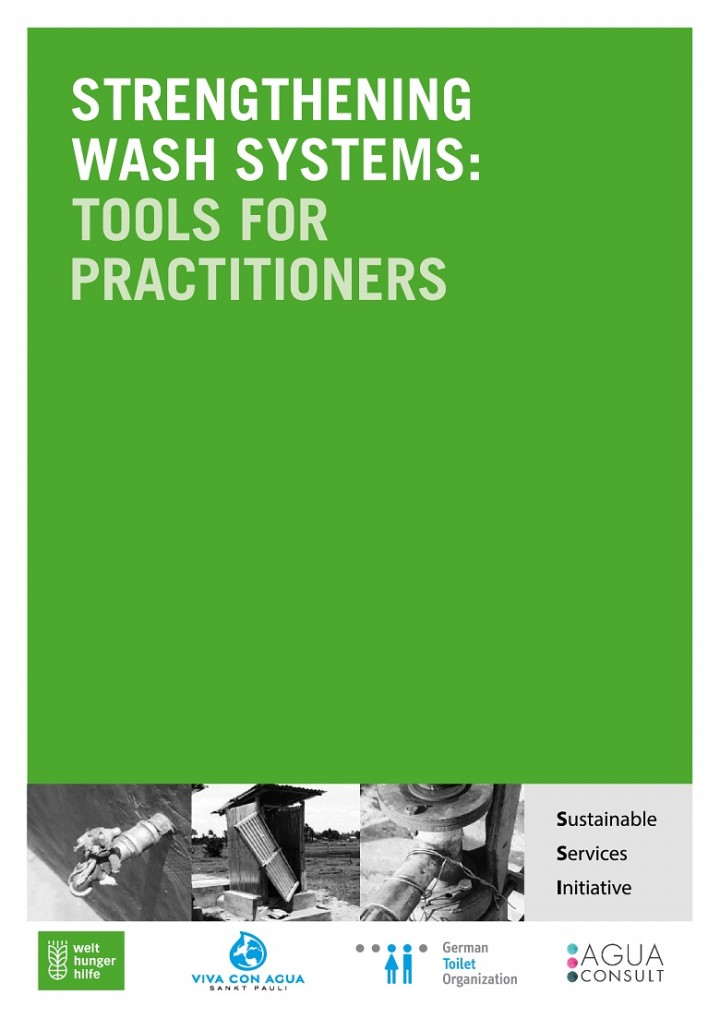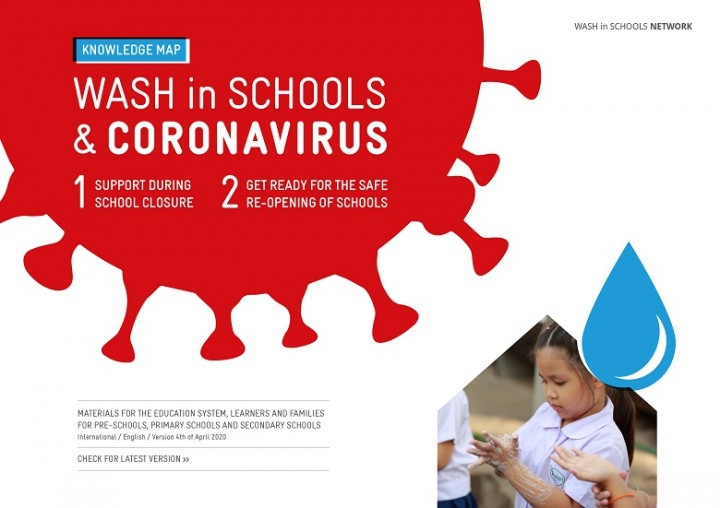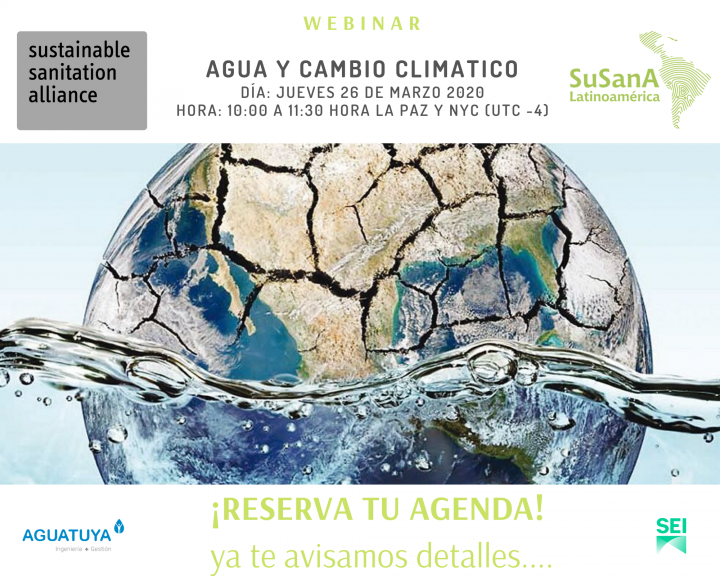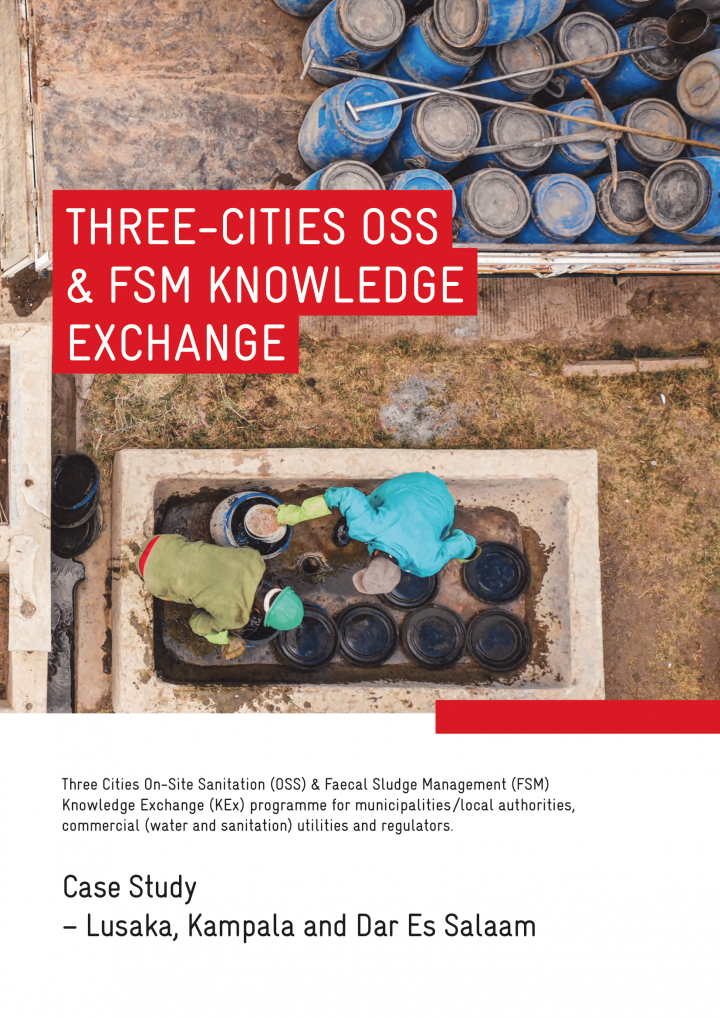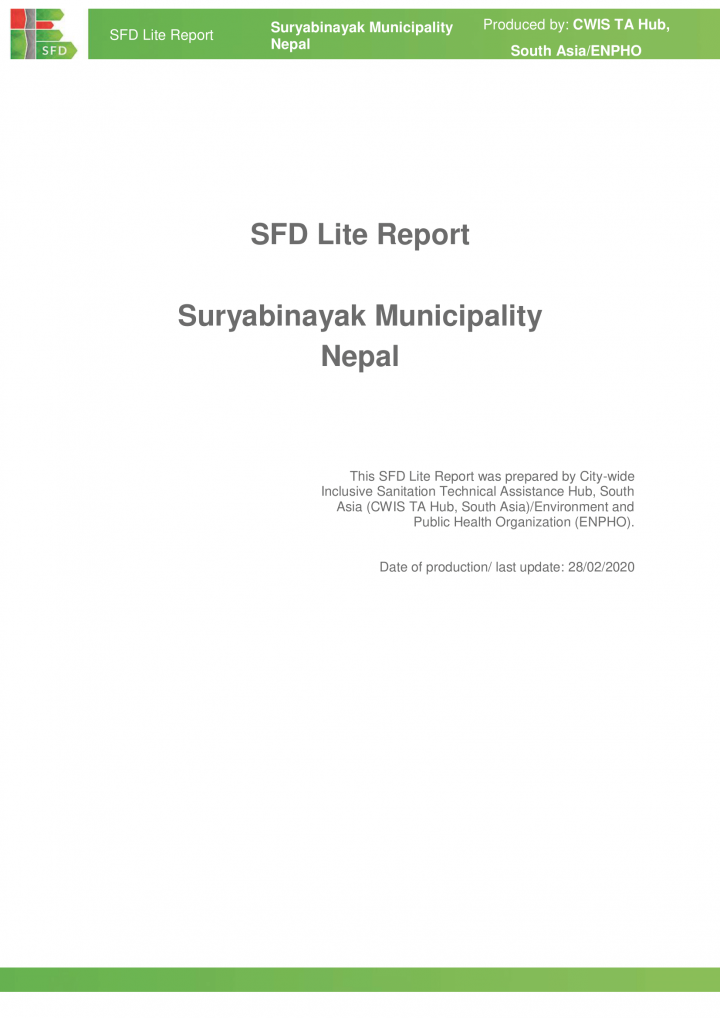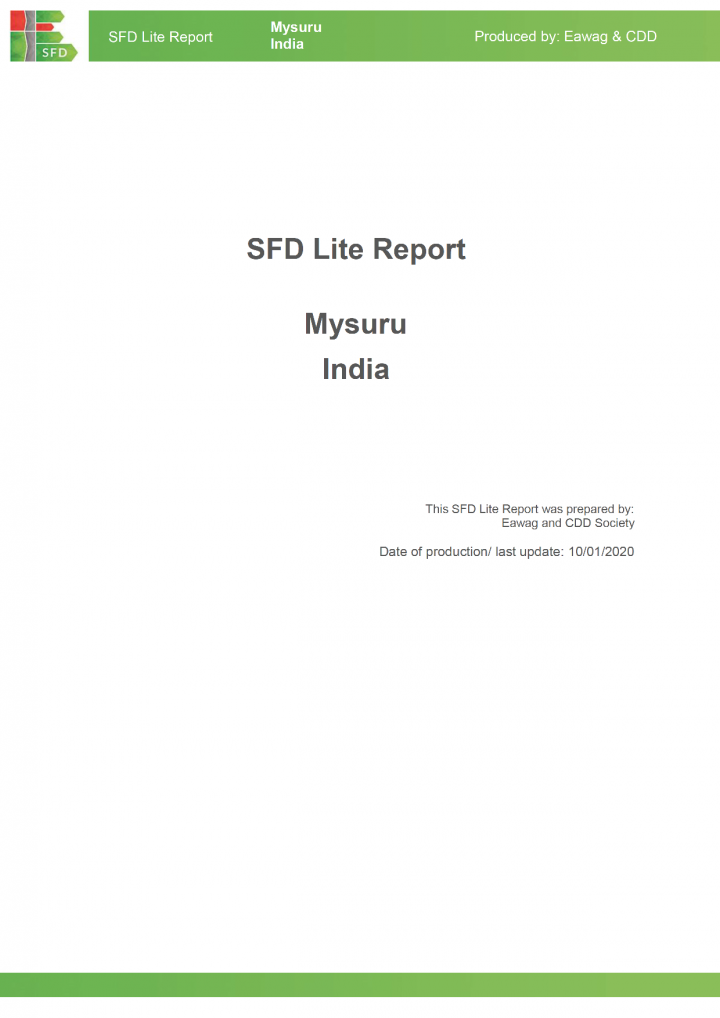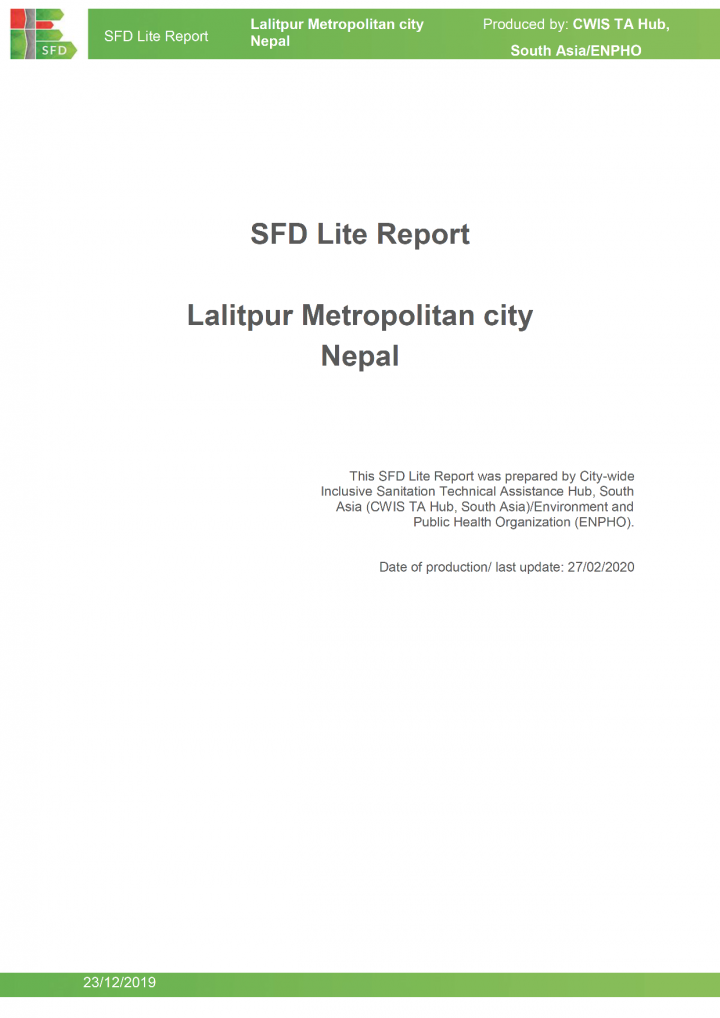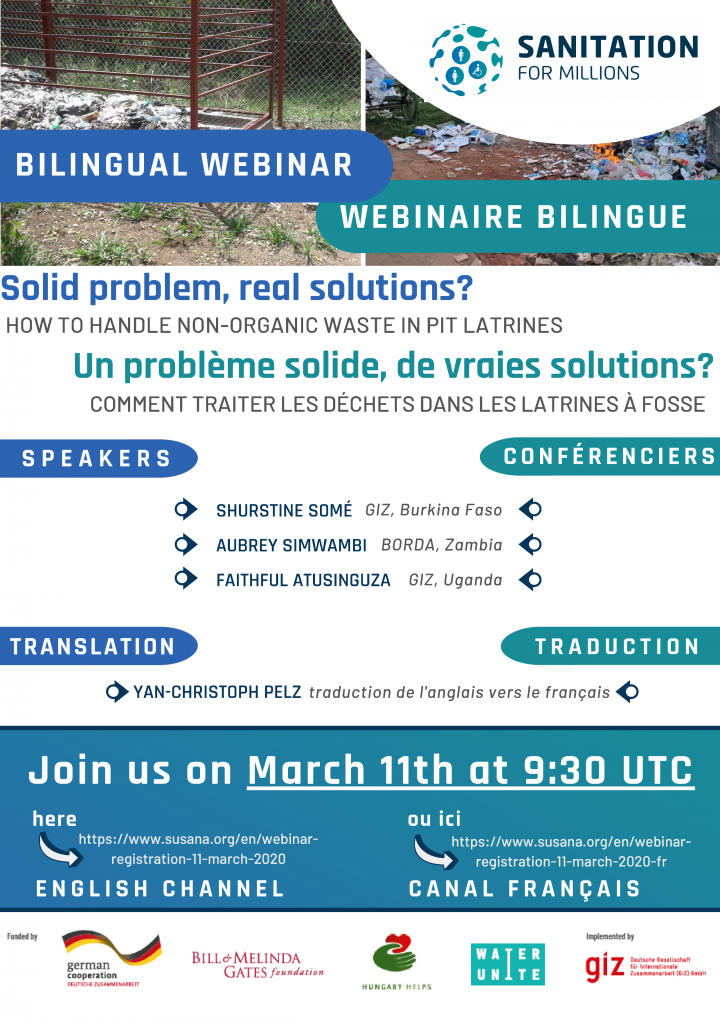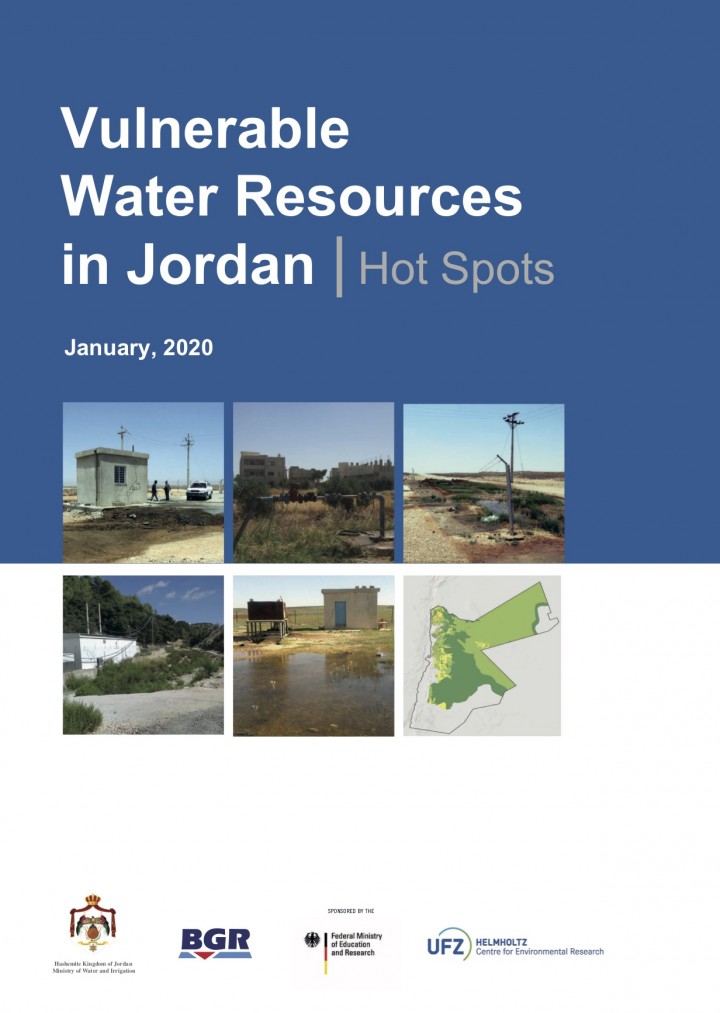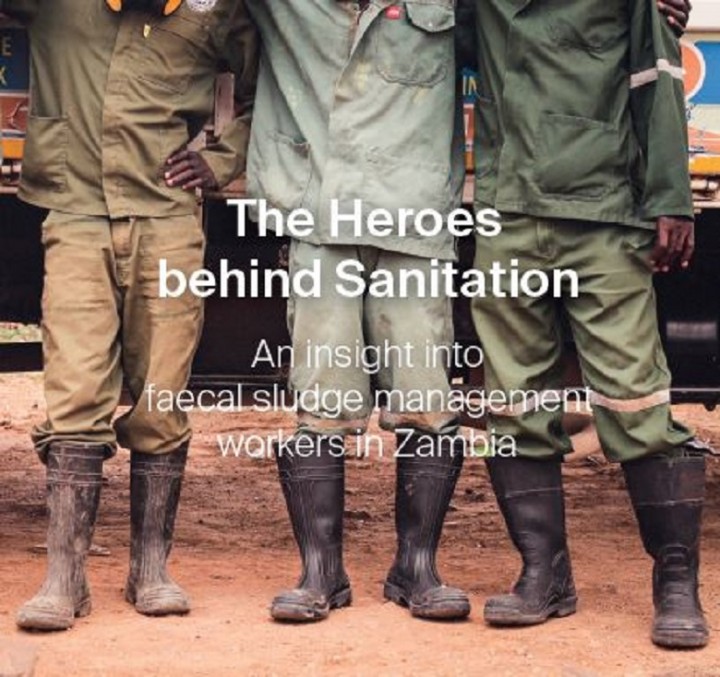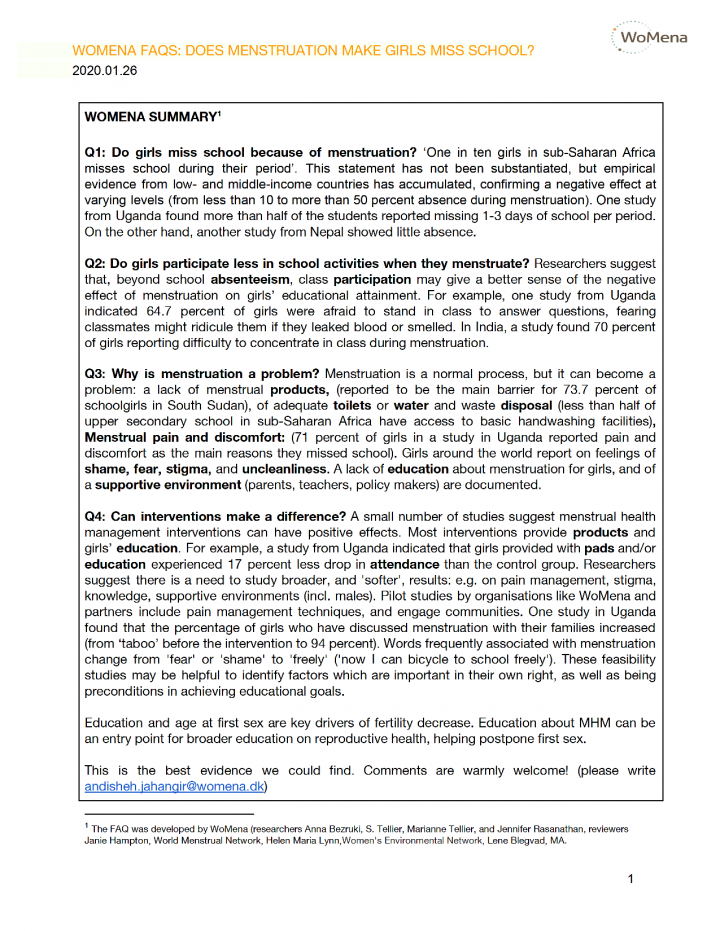Searching for information on Sanitation Workers?
The Sanitation Workers Knowledge + Learning Hub is the best source for all current news, trends, articles and updates on sanitation workers rights around the world.
WoMena receives many questions from the women and girls we reach out to, from our trainers and our partners. Therefore, the team collect a series of questions and answers regarding topics like Menstrual Cups functionality, maintenance, health & safety, economy, and other concerns.
WoMena periodically update the questions and answers.
# Context
The list of publications in this entry are outputs of two BMGF funded projects with our collaborators Tide Technocrats in India (OPP1188987) and Duke Center for WaSH-AID (OPP1173370).
# FSM5 Conference; Cape Town, South Africa, 2019
Presentation: Demonstrating Pathogen-Free Thermal Treatment Solutions Towards ISO/PC 318 Energy Neutrality Requirements
Presentation: …
The Sustainable Development Goals set ambitious water, sanitation, and hygiene (WASH) targets. Persistent failure to sustain services has plagued the WASH sector for decades, and there is an ever-growing recognition that for services to be sustainable and operate at scale, the wider WASH 'system' needs to be sufficiently robust to enable, support and sustain such services. This requires a …
From December 2016, the German-funded project ClimateFriendly Sanitation Services in Peri-Urban Areas of Lusaka (CFS-Lusaka) implemented by GIZ on behalf of the German Federal Ministry for Economic Cooperation and Development (BMZ) supported stakeholders to strengthen on-site sanitation (OSS) and safe faecal sludge management (FSM) in the fast-growing Zambian capital within the context of the …
The WASH in Schools Network (UNICEF, GIZ, Save the Children, WATERAID; Emory, LSHTM, among others) has compiled this knowledge map with links to relevant materials about COVID-19 for learners, their families and the education system. The map is intended for the time when schools are closed and in preparation for re-opening of schools. We want to help you navigate through the jungle of information …
Webinar sobre diferentes acciones y experiencias que se aplican en la gestión del agua con medidas de prevención, adaptación y mitigación al cambio climático realizado por SuSanA Latinoamérica. Con la moderación de Lourdes Valenzuela, coordinadora regional de SuSanA Latinoamérica y presentaciones de Bianca Corona, asesora técnica de GIZ en México, Gustavo Collere, gerente de …
Sphere and its partner standards can guide our response. In situations of insecurity with the danger of misinformation and stigmatisation, it is important to understand and apply the most important and basic principles and actions to help limit the spread of the virus. There are tools from the humanitarian sector that can directly support your COVID-19 response. The sector has been gathering …
The Three Cities On-Site Sanitation (OSS) and Faecal Sludge Management (FSM) Knowledge Exchange (KEx) Case study provides detailed highlights of the capacity development initiative that was undertaken in three sub-Saharan African cities; Kampala (Uganda), Dar Es Salaam (Tanzania) andLusaka (Zambia). The KEx initiative was aimed at enabling keystakeholders from the three cities municipalities/ …
Suryabinayak Municipality is located in Bhaktapur District in Province No. 3 of Nepal. It consists of 10 wards with the total population of 113,471 people residing in 19,179 households. The majority (74%) of the households are dependent on piped water facility, 8% of the households rely on spring water and the remaining 18% are dependent on their own sources such as tap water (bore water) and …
This study was the first to comprehensively assess the possibility of eco-sanitation options to help address village wastewater challenges in Vermont. In each village, site visits were conducted with participants to gauge the feasibility of a variety of composting and urine-diverting toilet systems. Of the options considered, a urine diverting flush toilet was identified as one of the more …
Mysuru City is situated in southern part of the state at 770 m above sea level. According to the census 2011, the population of Mysuru was 893,062 and number of households (HH) were 209,650. Overall, the SFD Graphic depicts that 72% of excreta is safely managed while 28% is discharged untreated to the environment. Wastewater through sewer systems is generated by 92% of the total population of the …
Lalitpur Metropolitan city which literary means ‘the city of fine arts’ is located in Lalitpur district of Province no.3 of Nepal. The city consist of 29 wards with the total population of 284,922 people residing in 70,256 households. The main sources of drinking water in the city are taps (municipal water supply), tap water (bore water) and wells. Majority of the population of Lalitpur …
This webinar brought together two GIZ programmes working on access to safe sanitation along the entire sanitation service chain: Scaling up of Drinking Water and Sanitation Supply in Burkina Faso and Sanitation for Millions (project component Uganda).
Joined by BORDA Zambia, implementing experts from the three countries presented their experiences from the field:
• Behaviour: Why do users …
The main aim of this study originated from a request by the National Implementation Committee for Effective Integrated Wastewater Management – NICE to review and update the previously developed list of Hot Spots. Hot Spots are defined as areas where groundwater resources, through leakage of domestic wastewater from cesspools, septic tanks, or sewage networks or through inappropriate handling of …
This study will give an overview on the actual amounts of TWW and existing reuse practices in Jordan. By using Geographical Information Systems 33 centralized wastewater treatment systems that serve communities bigger than 5000 PE have been mapped and the actual amount and quality of TWW (about 163 MCM in 2018) and its reuse is discussed, and the best practice examples for the reuse of TWW and …
These Youtube playlists contain several videos to explain how to edit WASH topics in Wikipedia.
The videos in Playlist 1 were produced for SuSanA, funded by Bill & Melinda Gates Foundation through contract with Stockholm Evironment Institute.
The videos in Playlist 2 were produced for the SDG edit-a-thon in September 2020, funded by Project Everyone, UK.
Newly introduced technologies fail for many reasons, including low user adoption, a lack of understanding of the target market, an unsound business model, and more. This resource exists to help technology developers and early adopters plan effective pilot tests that increase a new technology’s chance for success. Drawing from the concept of design thinking, this Playbook is framed by three …
The sanitation workforce provides an essential public service to all. They clean and empty pit latrines, septic tanks, sewers and other sanitation systems, transport faecal sludge, remove contaminants from the sludge and process the sludge for disposal or reuse. Constantly exposed to faecal microorganisms, hazardous waste and harsh chemicals, sanitation workers are susceptible to several …
The GIZ Regional Fit for School Programme in cooperation with the Sector Programme “Sustainable Sanitation” has developed a MHM in Schools concept, which is modular, culturally adaptable and consists of a primary and secondary intervention package. This publication is providing a comprehensive concept on primary and secondary interventions that are needed for Menstrual Hygiene Management in …
The Sustainable Services Initiative (SSI) of Welthungerhilfe (WHH) seeks to strengthen the sustainability of its WASH programming through adopting systems strengthening approaches and seeks to add value to wider sector efforts in systems strengthening, through participation in movements such as Agenda for Change (A4C). The SSI is primarily financed by Viva con Agua and WHH with technical support …
Q1: Do girls miss school because of menstruation? ‘One in ten girls in sub-Saharan Africa misses school during their period’. This truism has not been substantiated, but empirical evidence from low- and middle-income countries has accumulated, confirming a negative effect at varying levels (from less than 10 to more than 50 percent absence during menstruation). One study from Uganda found …
These presentations provides you with detailed information about the SuSanA Discussion Forum. You can use these slides in your own presentations if you want to explain the Discussion Forum to somebody.
The most recent presentation is called "The Discussion Forum - latest developments, results from user survey and from member analysis" (last updated: December 2020).
The presentation …
Handwashing with soap is the single most effective way to prevent infectious diseases. Regular handwashing, specifically after using the toilet and before eating should be part of a daily routine in everyone’s life. Schools, kindergardens, day care centers, hospitals, bus-stations, canteens are public places, where handwashing should be made possible for many people at the same time.
In the …
The stigmatised caste system in India remains to be the key determinant of the fate of these workers. As a result, people, families and communities mainly ‘Dalits’ are compelled to perform these tasks which are not just hazardous and stigmatising but also highly underpaid. This not only makes their identities confined to sanitation work they are involved in, but also pushes them to accept the …
Masekelo ward and Ndala ward are the selected project areas in Shinyanga for the GIZ “Scaling up of access to water supply and sanitation services in under-privileged urban areas”. It is currently implementing a scaling up project to connect the wards for the first time to piped water from surface water source through the Shinyanga Urban Water Supply and Sanitation Authority (SHUWASA) water …

